

Amnesty International interviewed 41 survivors and witnesses to mass killings in November Troops carried out extrajudicial executions, indiscriminate shelling and widespread looting Satellite imagery analysis shows...


As internet penetration and smartphone usage increases across Africa, digital spaces have become increasingly important in organising opposition movements. In response, several governments have at times...


Assets recovery Agency (ARA) has won big after the High Court Anti-Corruption ordered the forfeiture of Sh97.6 million belonging to the mother of a suspect facing...


New York prosecutors investigating former president Donald Trump’s finances have received his tax returns following a marathon legal battle, a spokesman said Thursday. “Our office obtained...


President Uhuru Kenyatta now urges Kenyans to put aside their political differences for the sake of the country’s development. Speaking after a meeting with leaders who...
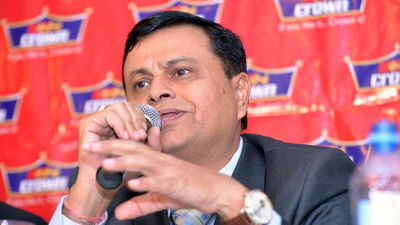

Crown Paints, the Nairobi Securities Exchange-listed firm has run into trouble with the Kenyan authorities according to a report by Competition Authority of Kenya (CAK) that...


Detectives are investigating a scandal involving healthcare workers at four leading hospitals in Nairobi who are suspected to be colluding with criminals to siphon money from...
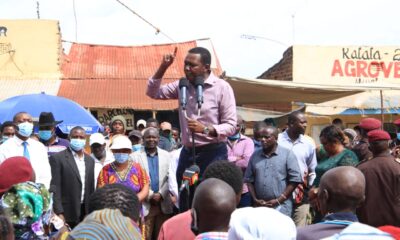

With majority of county assemblies having approved the BBI bill, the next phase is the parliament and eventually the referendum which is scheduled for June. Tanga...


The government has launched the Youth Enterprise Development Fund Strategic Plan 2020-2024 to empower the youth economically. ICT, Innovation and Youth Affairs CS Joe Mucheru said...


Telkom Kenya CEO Mugo Kibati is is on the spot for billing and collecting fibre optic revenues on behalf of the ICT ministry without Treasury’s approval....
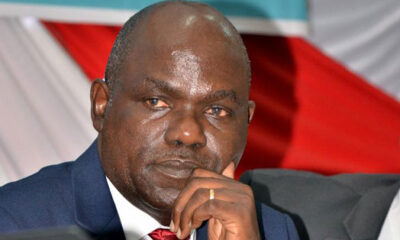

Electoral Commission chairman Wafula Chebukati is being directly targeted in an investigation into the contract he awarded to British firm De La Rue to provide ballot...


The once popular airline Silverstone is plotting for a comeback under new name. The airline has already informed the Kenya Civil Aviation Authority(KCAA) over their intention...


President Uhuru Kenyatta has said the Building Bridges Initiative (BBI) constitutional reform process will better the business environment in the country. The President said reform proposals...
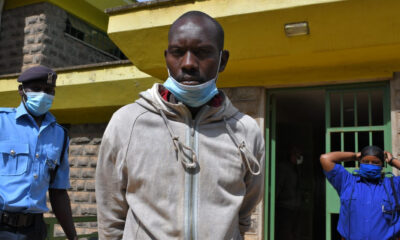

Molo court has sentenced a man to life imprisonment for defiling his eight year old daughter. Eric Osoro, 28, pleaded guilty to the incest charges that...
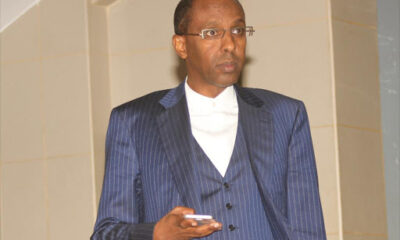

The stage is set for what could be a grand legal battle as former Chief Justice David Maraga sues Lawyer Ahmednasir Abdulahi over a defamatory tweet....


In Brief. Kenyans will become the first adopters of Hype in the world. Opera becomes the first browser developer to collaborate with local artists to design...


On February 4, Emmanuel Dogbevi turned to Twitter with a plea for help. He tagged press freedom groups and colleagues in a series of tweets, lamenting how...


SUMMARY The Information Communication Technology ministry is on the spot over utilisation of Sh577.9 million for purchase of ICT components for Huduma Namba. The State department...


SUMMARY Homa Bay County government is on the spot over Sh602 million spent on projects that were either not implemented or have stalled. The Governor Cyprian...


KINSHASA, Congo (AP) — The Italian ambassador to Congo, an Italian carabineri police officer and their Congolese driver were killed Monday when gunmen attacked a U.N....